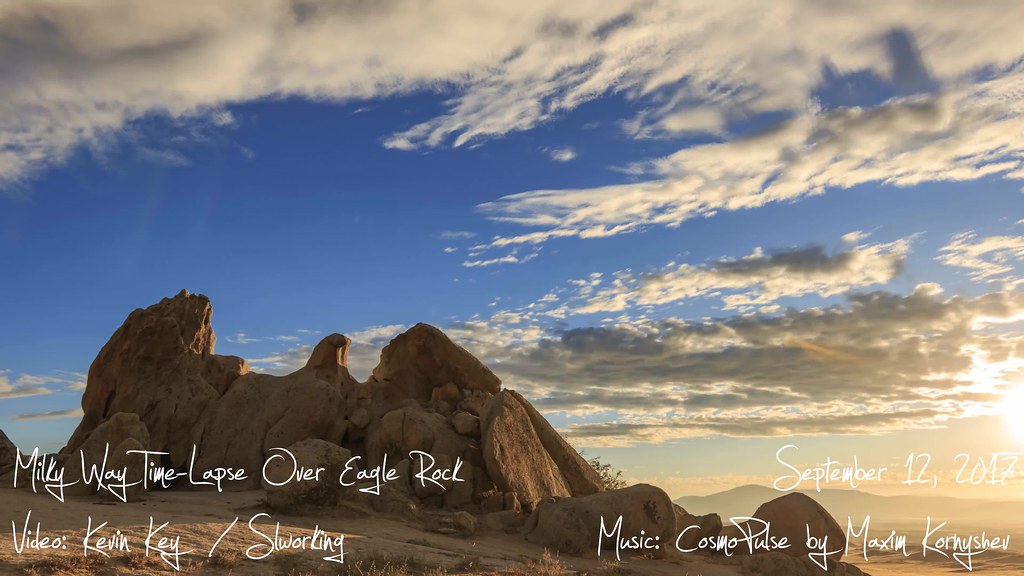 December 6. Today's my birthday. I celebrated by pressing that 'publish' button on CreateSpace to finally go live with Rivers of Stone, historical fiction set in 1840's Canada.
December 6. Today's my birthday. I celebrated by pressing that 'publish' button on CreateSpace to finally go live with Rivers of Stone, historical fiction set in 1840's Canada.Better than a birthday cake.
Now that I'm older than dirt, I'm celebrating 10 years of retirement with this third book, the next installment (roughly speaking) in a family saga that began with the McDonnell family's struggles during the Clearances in Scotland (Standing Stones). The second book, Years of Stone, follows Mac McDonnell (and his sweetheart), as he's transported to a penal colony in Australia. Rivers of Stone tells the story of Catriona who marries Dougal McDonnell -- and winds up in Canada. Each book has taken me roughly 3 years to write, revise, and then publish.
So I'm doing the happy dance today . . . and not just about the writing. My friends and readers are celebrating with me.
THANK YOU to everyone who says an encouraging word to a writer, who shares expertise, and who gives critical (and useful) feedback on rough drafts. Regardless of the hour, whether we're wearing bunny slippers or not, we all benefit.
And we all learn from each other. So here's the latest gift (perhaps unintended) from author Octavia Randolph who recently posted this gorgeous ad on Facebook for her remarkable story, The Circle of Ceridwen.
Olivia Randolph's post on Facebook
I kept staring at the design, the sharp contrast between black and white, the way the eye is drawn to the cover. Hmm. Could I do this? So, I did, futzing my way through PowerPoint, photos taken in Canada, and the cover from Rivers of Stone. For we learn from each other.
What do we most care about as writers, once we're past writing the best story we can? I think it's about connecting with other writers, learning from each other, and sharing our stories. We all doubt. The list is endless. Sometimes we're blocked. But we know that passes. Most of the time. We have stories to tell, words to get down on the page, and those moments to share, to celebrate.
If I were to do anything differently about my writing this last year or in the coming year, it is to cherish these connections with other writers and my readers. Let us persevere, enjoy each day of the coming (mild?) winter, and write, well aware of the ripples we create.
Why not hop right over to the Insecure Writer's Support Group to see what other IWSG writers are talking about. And a special thank you to Alex Cavanaugh, our fearless leader, and his minions, Julie Flanders, Shannon Lawrence, Fundy Blue, and Heather Gardner!
Why not hop right over to the Insecure Writer's Support Group to see what other IWSG writers are talking about. And a special thank you to Alex Cavanaugh, our fearless leader, and his minions, Julie Flanders, Shannon Lawrence, Fundy Blue, and Heather Gardner!







































